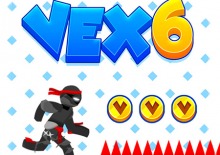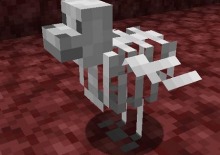Advertisement
Pisk
Pisk is a minimalist arcade game where quick reactions and spatial awareness are essential. The player controls a small object on a simple playing field, avoiding obstacles and reacting to shifting patterns in real time. The visual design is stripped down to basic shapes and colors, making movement and timing the focus. There are no instructions or backstory—the game relies on the player's instinct and ability to learn through failure and repetition. The difficulty increases gradually, requiring focus and adaptation with each new attempt.
Core Gameplay and Movement
The gameplay in Pisk revolves around staying in motion while avoiding collisions. The player's object responds instantly to inputs, creating a feeling of tight control. Each level introduces new patterns that demand different strategies—some require weaving between moving walls, while others challenge the player to anticipate changes in direction or rhythm. The key is avoiding danger, and reading the environment ahead of time and responding accordingly.
What Shapes the Experience
The main components that define the flow of the game include:
· Fast-paced movement with precise directional control
· Random or shifting obstacle layouts
· Increasing speed and challenge with each level
· Instant restarts to encourage repeated attempts
· Visual and audio feedback to signal changes in tempo or layout
Challenge and Replay Value
Failure is expected in Pisk, and each attempt gives the player a chance to improve. There are no power-ups, save points, or rewards beyond progress itself. This loop creates a rhythm of fast retries and gradual mastery. The lack of extra features or distractions makes the game feel focused and intense. Players are encouraged to test their limits and push for longer runs, sharpening their response time and awareness with each session.
Pisk is a compact experience that offers depth through its simplicity. By removing complex systems and focusing on a single mechanic—movement—it becomes a game that can be picked up instantly but mastered only through time. The appeal lies in its purity and the way it challenges players to refine their reactions. Whether played for a few minutes or longer sessions, the game delivers a consistent sense of flow and precision.








































































































